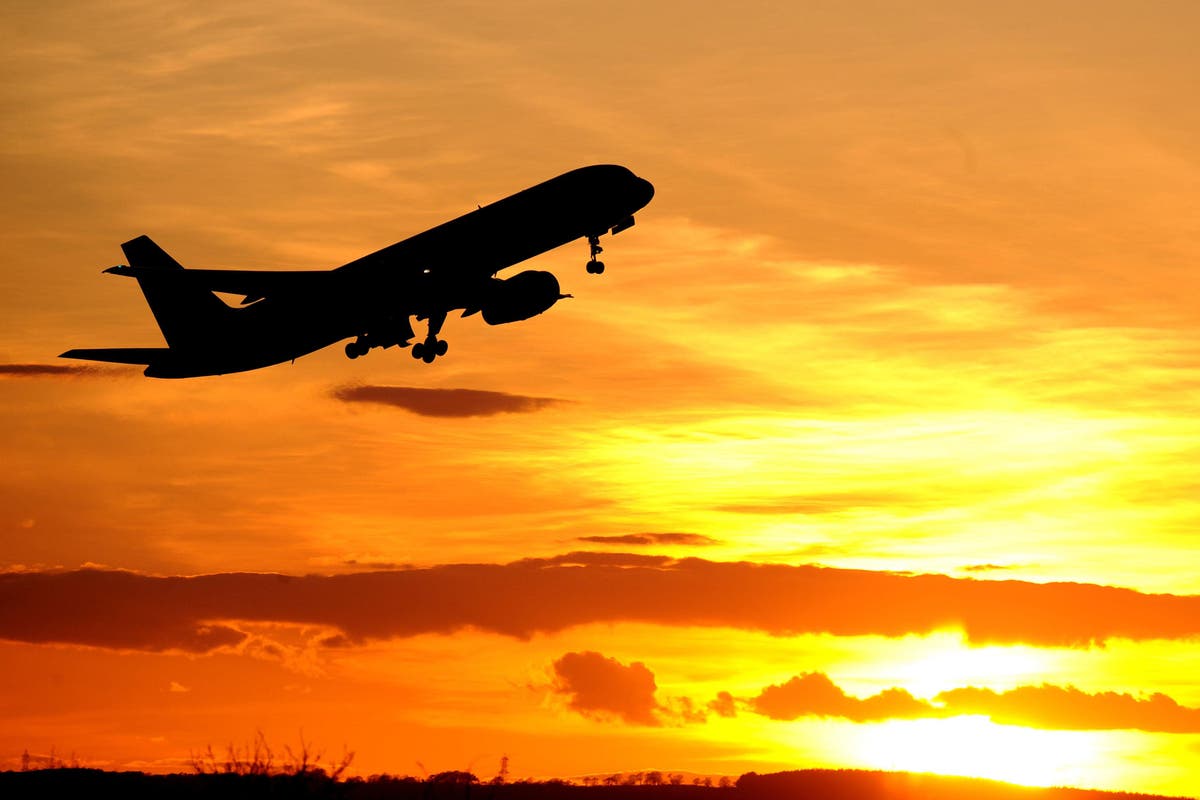Senior officials in Armenia revealed the UK did approach them about a Rwanda-style deal to house asylum seekers deported from Britain but discussions never got off the ground.
In the increasingly desperate search for countries, Rishi Sunak’s government is said to have targeted four others apart from Rwanda. Armenia, along with Ivory Coast, Costa Rica and Botswana, was on a shortlist drawn up by the Foreign Office – following extensive research – for “third country asylum processing deals” and talks had taken place with the respective states, it has been reported.
According to The Times: “The [UK] government pressed ahead with talks with representatives from these countries on agreeing a similar UK-Rwanda deal, although progress with all four has stalled because of the ongoing problems with the Rwanda deal.”
However, the Armenian government has indicated that although preliminary approaches had come from London, there have been no significant follow up and it was highly unlikely that such a deal would be accepted. “There have been no substantive or technical negotiations on the issue,” said Ani Badalyan, spokesperson for the Ministry of Foreign Affairs.
Nelly Davtyan, deputy head of the Migration and Citizenship Service within the Ministry of Internal Affairs, added there was no knowledge of such a deal being negotiated: “The Ministry of Internal Affairs, in particular the Migration and Citizenship Service, is not and has never been involved in such negotiations.”
Deputy Foreign Minister Vahan Kostanyan pointed out Armenia faced a grave refugee crisis of its own with huge number of people displaced after the recent war with neighbouring Azerbaijan and the loss of the Nagorno-Karabakh region.
He said in the capital Yerevan: “The humanitarian situation that we have in Armenian right up to the ethnic cleansing of Nagorno-Karabakh, when more than 108,000 Armenians were forcibly displaced from their ancestral homelands and found refuge in Armenia.
“To bring just one figure to you, only for the housing issues with these people we’ll be needing €1.5 billion (£1.3bn),” he added. “Now, we are negotiating with different private donors and banks for this. We’re allocating €100m for financial support for these people, and we are paying the educational fees for the students who came from Nagorno-Karabakh for university. All this means we have a lot of problems.”


